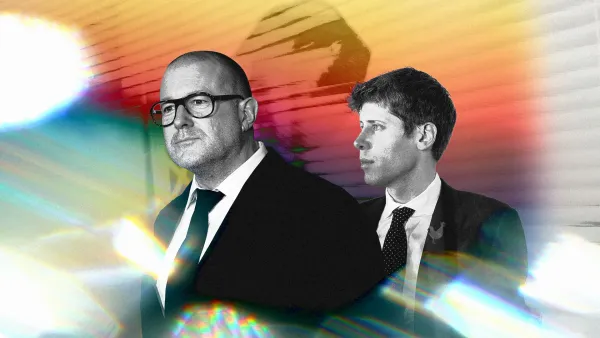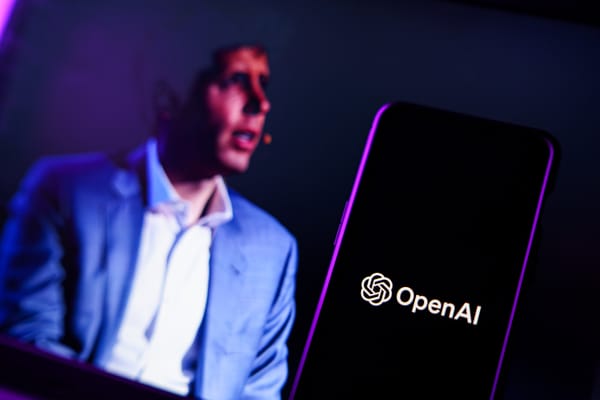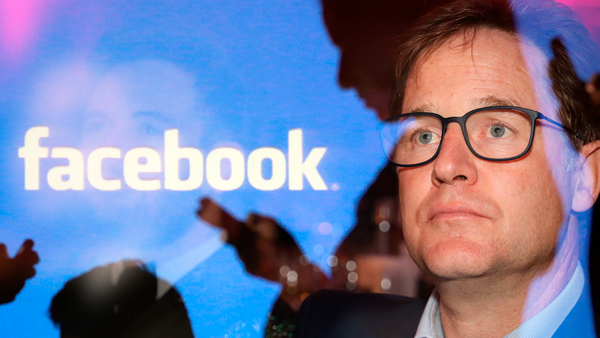H&M to create digital doppelgangers for models, raising ethical concerns in fashion industry

H&M is planning to create digital doppelgängers for 30 models to generate marketing images, with the real-life models retaining the rights to their likenesses and the ability to license their digital twins to other brands.
The fashion retailer plans to use AI-generated images of the models, while ensuring that the models can license their digital replicas to other brands.
The move has been met with a mixed response within the fashion industry, with concerns about the ethical implications of the initiative.
Model Angad Bishnoi told Reuters he was worried AI companies might take advantage of the situation by creating replicas without compensating the models.
Another model, Vaibhav Anand, recounted an experience in which a brand used his AI-generated images for a lookbook without proper payment—he was later compensated, but only after he raised concerns about the practice.
IP lawyer Safir Anand noted that AI laws are still evolving, but models have the right to take action if their images are used without consent. He emphasized that it is important for models to have formal agreements outlining the permitted use of their images.
Gunita Stobe, founder of Anima Creatives, criticized the reliance on AI models, arguing that AI lacks the emotional depth and authenticity that real models bring to a fashion campaign.
Designer Jenjum Gadi stated, "AI is a tool, it cannot replace a human being. But it can create more competition and lower budgets," acknowledging that while AI cannot fully replace human models, its use may contribute to increased competition and reduced budgets.




